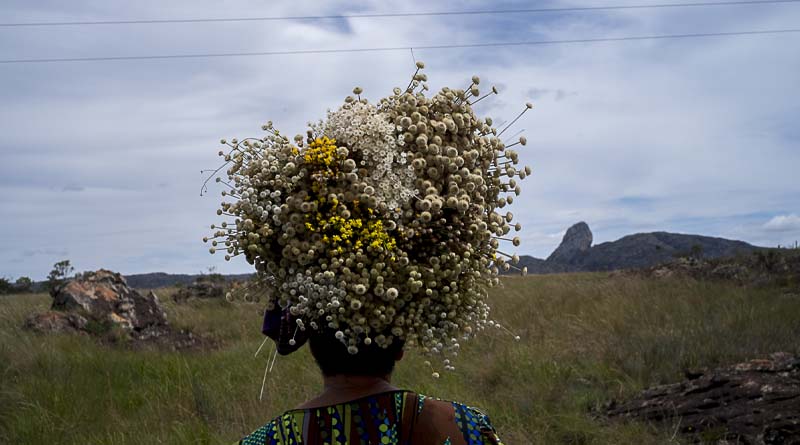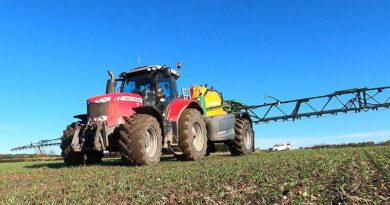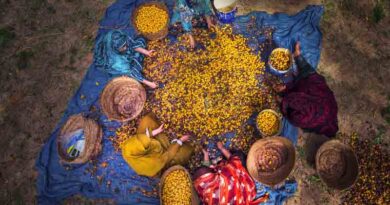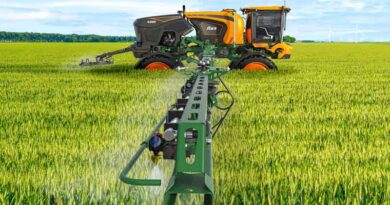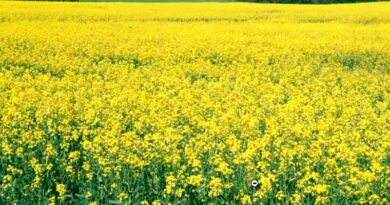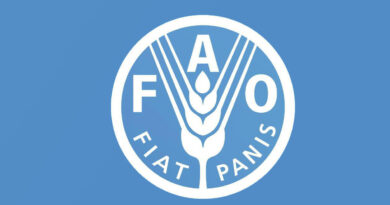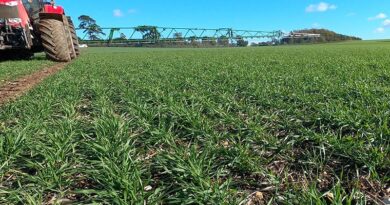Celebrating the diversity of Globally Important Agricultural Heritage Systems
22 May 2023, Rome: They span the globe and embrace diverse terrains, from stone terraced cultivation systems, to desert oases, to Indigenous communities deep in the rain forest and high mountains and areas steeped in traditional vine or fruit and olive growing cultures – to name but a few.
The Food and Agriculture Organization of the United Nations today opened a two day series of events and immersive experiences, highlighting the key role of its programme of Globally Important Agricultural Heritage Systems (GIAHS) in preserving biodiversity and livelihoods and strengthening the nexus between humans and the environment which nurtures us and produces our food.
Central to the events was the presentation by the Director-General of the Food and Agriculture Organization (FAO), QU Dongyu, of certificates of recognition to the representatives from the 24 new GIAHS sites in 12 countries, which have been designated by FAO since the last ceremony in 2018. These sites are located in Brazil (1), China (4), Ecuador (2), Iran (2), Italy (2), Japan (2), Korea (2), Mexico (1), Morocco (2), Spain (3), Thailand (1) and Tunisia (2).
Addressing the communities living and working in these GIAHS, QU said: “Welcome to the GIAHS family. Now, we will continue to work together to achieve sustainable rural development by implementing new actions, developing joint projects and twinning programmes, building capacities and learning from each other.”
He said many of the GIAHS had become “reservoirs of biological diversity. This is particularly relevant today, which is International Day for Biological Diversity,” providing an opportunity to “increase understanding and awareness of biodiversity issues and to celebrate the local communities that are the custodians of biodiversity.” Qu added: “To the new awardees, I say that having your certificates is not the end. With recognition, comes more work and responsibility.”
The importance of continuous monitoring and adaptive management of these sites and continuous innovation is crucial for them to continue to play their role in the face of current and future challenges including the climate crisis.
High level participants in the event, who underlined the significance of GIAHS, included Mohammed Sadiki, Minister of Agriculture, Fisheries, Rural Development, Water and Forests, Morocco; Leila Chikhaoui, Minister of Environment, Tunisia; Tetsuro Nomura, Minister of Agriculture, Forestry and Fisheries, Japan; Luigi D’Eramo, Vice Minister of Agriculture, Forestry and Food Sovereignty, Italy; Moisés Savian, Secretary of Land Governance, Territorial and Socio-environmental Development, Ministry of Rural Development and Family Farming, Brazil; Zurab Pololikashvili, Secretary general, World Tourism Organization (UNWTO).
Permanent Representatives to FAO, Miguel Garcia Winder of Mexico, GUANG Defu of China and Miguel Angel Fernandez-Palacios Martinez of Spain were also among the speakers.
Tastes, sights and sounds of GIAHS
In addition to the awarding of certificates and a session introducing the characteristics and importance of all the newly-awarded GIAHS, the event will also provide a chance to sample foods and products from the sites, and enjoy a virtual, fully-immersive exhibition of sights and sounds, giving a sense of life in these communities across the globe.
A key theme of the event is to showcase how GIAHS exemplify agricultural practices creating livelihoods in rural areas while combining sustainable use and conservation of biodiversity, resilient ecosystems and tradition and innovation.
The GIAHS awarded certificates today are:
Brazil: Traditional Agricultural System in the Southern Espinhaço Range, Minas Gerais.
China: Shexian Dryland Stone Terraced System; Anxi Tieguanyin Tea Culture System; Ar Horqin Grassland Nomadic System in Inner Mongolia; Qingyuan Forest-Mushroom Co-culture System in Zhejiang Province.
Ecuador: Andean chakra: An Ancestral Agricultural System of Kichwas Cotacachi Communities; Amazonian Chakra, a traditional agroforestry system managed by Indigenous communities in Napo province.
Iran: Qanat-based Saffron Farming System in Gonabad; Grape Production System in Jowzan Valley
Italy: Soave Traditional Vineyards; Olive groves of the slopes between Assisi and Spoleto
Japan: Biwa lake to land integrated system; Fruit Cultivation System in Kyoutou Region, Yamanashi.
Republic of Korea: Geumsan Traditional Ginseng Agricultural System; Damyang Bamboo Field Agriculture System.
Mexico: Ich Kool: Mayan milpa of the Yucatan peninsula.
Morocco: Argan-based agro-sylvo-pastoral system within the area of Ait Souab-Ait Mansour; The Ksour of Figuig: Oasis and Pastoral Culture Around the Social Management of Water and Land.
Spain: Agricultural System Ancient Olive Trees Territorio Sénia; Historical Irrigation System at l’Horta de València; Agrosilvopastoral system Mountains of León;
Thailand: Thale Noi Wetland Pastoral Buffalo Agro-ecosystem
Tunisia: Hanging Gardens from Djebba El Olia; Ramli Agricultural System in the Lagoons of Ghar El Melh.
Close bond with surroundings
The Globally Important Agricultural Heritage Systems (GIAHS) are communities which base their livelihoods and food security on their close relationship with their surroundings. Through the GIAHS programme, which celebrated its 20th anniversary in 2022, FAO has designated over 70 sites in 24 countries. To be selected, each GIAHS candidate area must meet five criteria established by an independent Scientific Advisory Group: food and livelihood security, agro-biodiversity, local and traditional knowledge systems cultures, value systems and social organisations, landscapes and seascapes features.
If selected, GIAHS are expected to fulfil their role in revitalizing rural communities and promoting sustainable rural development, with effective implementation of their action plans. The GIAHS network is proving to be an effective model for collaboration, with appropriate local governance systems, while attracting international and national partners, projects and actions to increase visibility and support farmers on the ground.
(For Latest Agriculture News & Updates, follow Krishak Jagat on Google News)

